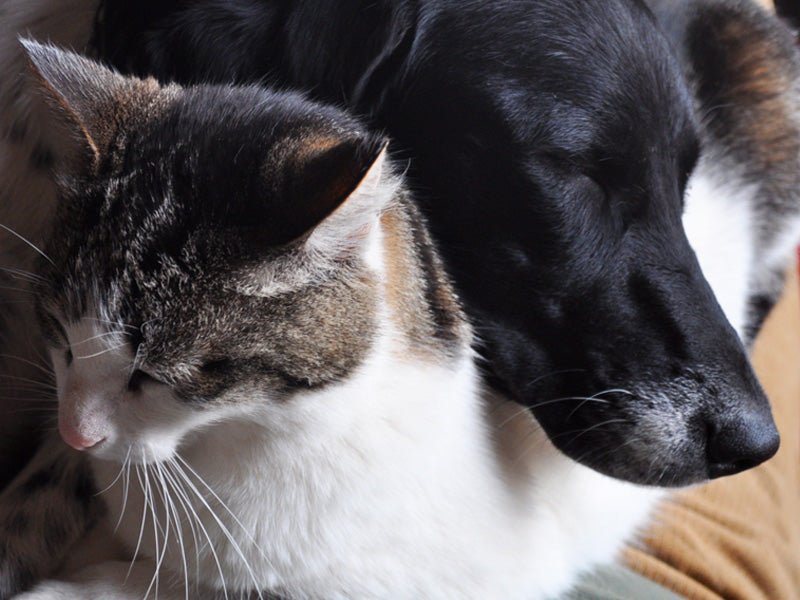This week Urbanpaws puts the spotlight on Animal Rights with a focus on domestic animals namely cats and dogs. We are passionate about helping pets find a safe new home, evident in our association with Oscar's Arc encouraging pet adoption accross Cape Town as well as our activism around Animal Rights. Here are a few more insights on the rights of our beloved furry friends and who is keeping an eye out for their them in South Africa.
What laws exist on Animal Rights in South Africa?
Firstly, it’s important to understand that the rights of domestic animals are served under the Animal Welfare banner - preventing mistreatment and cruelty to animals. In South Africa, animal welfare is listed under the Animal Protection Act of 1962. The Act states a list of prohibited Acts of cruelty and also punishments to people committing acts of cruelty.
(See the whole Act in PDF by clicking here )
Domestic animals are defined as : “any equine, bovine, sheep, goat, pig, fowl, ostrich, dog, cat or other domestic animal or bird, or any wild animal, wild bird or reptile which is in captivity or under the control of any person”. So this will apply to most of us dog-moms or cat ladies.
There has been some debate over the woding of the Act with many sources, including the South African Veterinary Foundation, stating that they feel the Act is too vague and requires more clarity in some regard. This is especially relevant to South Africa’s beautiful wildlife, like Rhino’s for example. The Act also impacts heavily on the welfare of farming animals – namely chickens, sheep, cows etc.
How does the law protect animals?
The main touch points in the Act prohibit : animal cruelty, confinement, starving or underfeeding, poisoning, neglect, trapping or exploitation of animals. This covers dog fighting as an example. The Act also stipulates responsibility for decent transport and decent shelter. However testing on animals for research purposes is still legal in South Africa. Luckily, there is no public knowledge of registered research for cosmetic purposes is currently taking place in South Africa.
Who enforces the law?
So who upholds the laws? Section 8 of the Act grants members of the Society for the Prevention of Cruelty to Animals (SPCA) wide powers to investigate animal cruelty, and are empowered to arrest those reasonable for suspected animal cruelty. Furthermore, we can also see the SPCA regularly in the news and public eye as it tackles some challenging difficult cases of cruelty and mistreatment regionally and continues its big push for sterilization. Typically the organization requires significant funding and support from government and communities to enable its investigation in crimes against animals.
What is the success rate?
We are very thankful for various other organisations around the country such as the Animal Anti Cruelty League who do such amazing work. Not only do they help abused animals but the AACL also tries to educate our society about the correct treatment of animals.
The principles of the AACL
The position of the AACL is that it is morally acceptable for humans to use non-human animals, provided that all adverse effects on animals are minimised as far as possible. Consideration should be given to their wellbeing and to the prevention of suffering of animals, especially when they are under the care of humans.
The following are internationally recognized precepts of Freedoms that all animals should enjoy:
- Freedom from hunger and thirst
- Freedom from physical discomfort and pain
- Freedom from injury and disease
- Freedom from fear and distress
- Freedom to conform to essential behavioural patterns
At the end of the day, awareness is key. Do not stand silent if you see an act of cruelty – contact the AACL or SPCA. You might not only safe the life of a special animal but also further educate yourself or a fellow South African at the same time.

